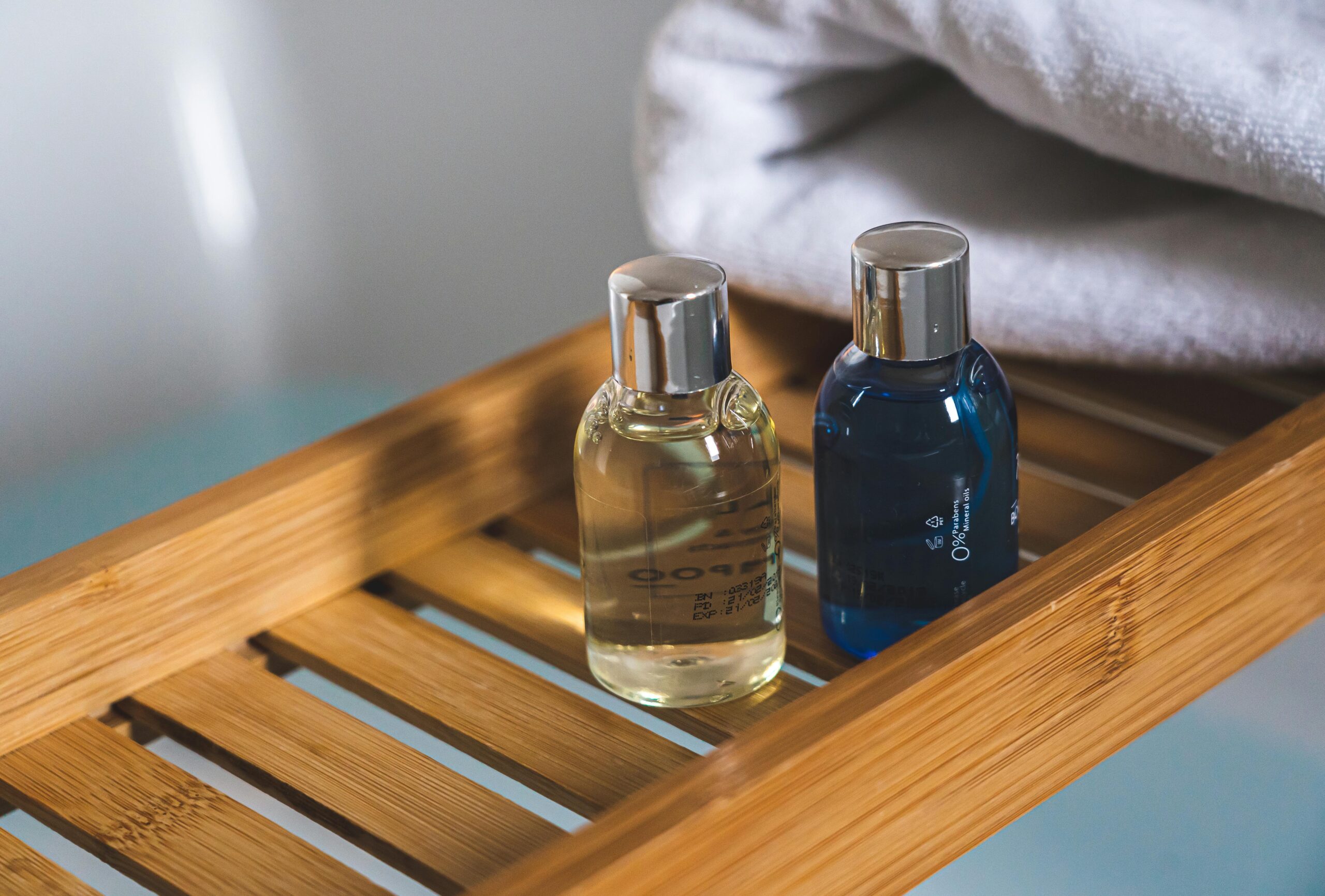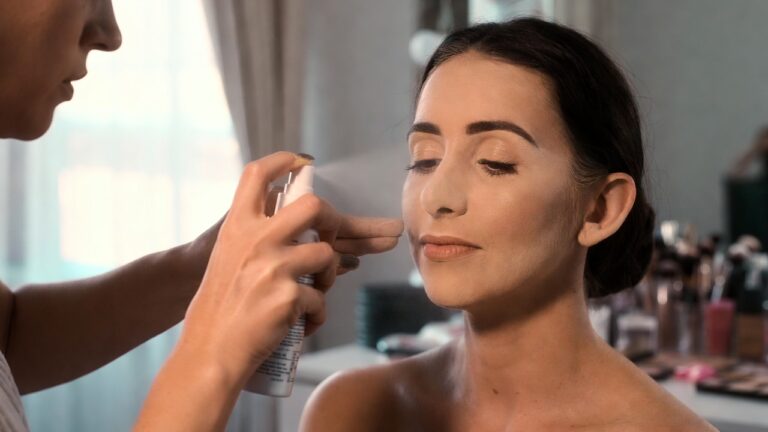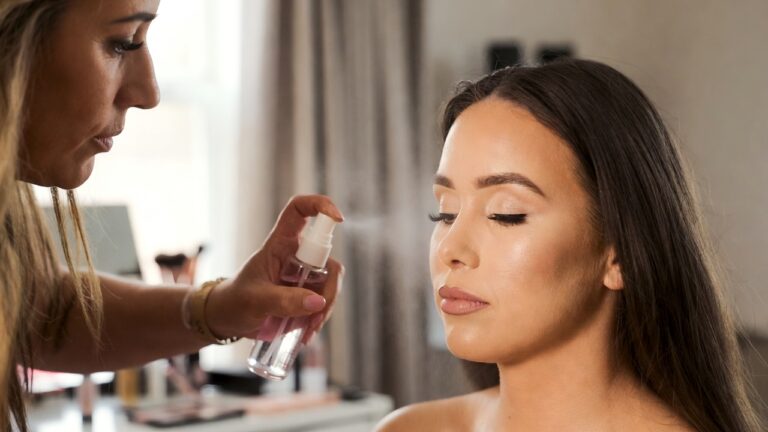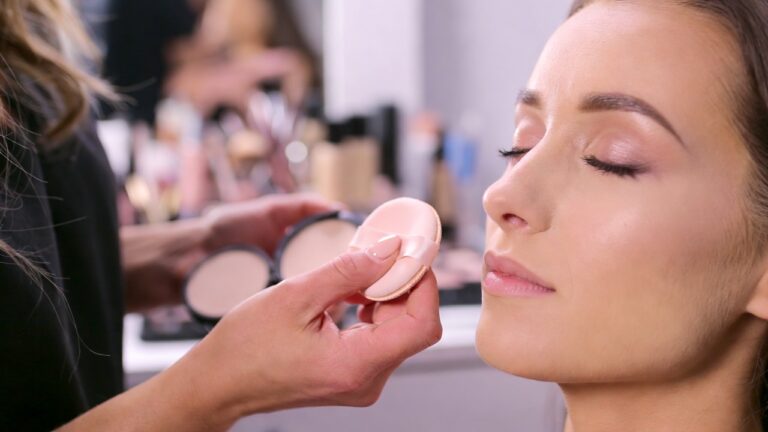Dirty makeup brushes can lead to skin irritation, clogged pores, and uneven makeup application. Regular cleaning is essential to keep your brushes in top condition, but you don’t always need store-bought cleaners. With a few simple ingredients, you can make effective DIY makeup brush cleansing shampoos that deep clean your brushes while being gentle on the bristles.
Let’s explore some easy-to-follow recipes and tips to keep your brushes spotless and your skin healthy.
Why Cleaning Your Makeup Brushes is Essential
Makeup brushes accumulate makeup residue, oils, and bacteria over time. If not cleaned regularly, these can transfer to your skin, causing breakouts and other skin issues. Deep cleaning not only maintains brush hygiene but also extends the life of your brushes, ensuring better performance for flawless makeup application.
Ingredients to Look for in DIY Brush Cleansers
The key to an effective DIY cleansing shampoo lies in its ingredients. Here are some common and effective options:
Gentle Soaps or Shampoos
Choose sulfate-free soaps or baby shampoos to clean bristles without damaging them. These are mild yet effective at breaking down oils and makeup residue.
Olive Oil or Coconut Oil
These natural oils help condition brush bristles while breaking down stubborn, oil-based makeup products.
White Vinegar
White vinegar has natural antibacterial properties that help disinfect your brushes during the cleaning process.
Baking Soda
Baking soda acts as a gentle exfoliant, ideal for brushes with thicker buildup.
Essential Oils (Optional)
Adding a drop of lavender or tea tree oil not only leaves your brushes smelling fresh but also provides additional antibacterial benefits.
DIY Makeup Brush Cleansing Shampoo Recipes
Here are three simple recipes to make at home:
1. Basic Deep-Cleaning Shampoo
This recipe works for everyday cleaning and is suitable for all types of brushes.
Ingredients:
- 1 tablespoon of baby shampoo
- 1 teaspoon of olive oil
- ½ cup of warm water
Steps:
- Mix the shampoo, olive oil, and warm water in a small bowl.
- Swirl the brush in the mixture, ensuring the bristles are thoroughly soaked.
- Gently massage the bristles with your fingers to loosen makeup residue.
- Rinse under lukewarm water until the water runs clear.
- Reshape the bristles and lay the brush flat to dry.
2. Vinegar and Baking Soda Cleanser
Ideal for brushes that haven’t been cleaned in a while, this recipe provides a thorough deep clean.
Ingredients:
- 1 cup of warm water
- 1 tablespoon of white vinegar
- 1 teaspoon of baking soda
Steps:
- Combine warm water, vinegar, and baking soda in a bowl (be cautious, as it may fizz).
- Dip the brush bristles into the mixture and let it sit for 2-3 minutes.
- Gently rub the bristles with your fingers to remove residue.
- Rinse thoroughly and let the brush air dry.
3. Conditioning Cleanser for Soft Bristles
This recipe is perfect for preserving the softness of natural hair brushes.
Ingredients:
- 1 tablespoon of sulfate-free conditioner
- 1 teaspoon of coconut oil
- ½ cup of warm water
Steps:
- Mix the conditioner, coconut oil, and warm water in a bowl.
- Swirl the brush in the mixture, focusing on the tips of the bristles.
- Massage gently to break down product buildup.
- Rinse under running water and reshape the bristles.
- Lay flat to dry.
Tips for Effective Brush Cleaning
- Use Lukewarm Water: Hot water can loosen the glue holding the bristles, while cold water might not remove residue effectively.
- Avoid Soaking the Handle: Keep water away from the handle to prevent damage.
- Clean Regularly: Clean brushes used for cream products weekly and those used for powder products every 2-3 weeks.
- Dry Brushes Flat: Drying brushes upright can cause water to seep into the handle, damaging the brush.
Conclusion
Cleaning your makeup brushes doesn’t have to be expensive or complicated. With these DIY cleansing shampoo recipes, you can keep your brushes clean, soft, and ready for flawless makeup application. Regular maintenance ensures healthier skin and prolongs the life of your brushes.
Frequently Asked Questions (FAQs)
1. How often should I clean my makeup brushes?
Clean brushes used for liquid or cream products weekly, while brushes used for powders can be cleaned every 2-3 weeks.
2. Can I use dish soap to clean my brushes?
Yes, but choose a mild, unscented dish soap to avoid drying out the bristles.
3. How long does it take for brushes to dry?
Brushes typically take 6-12 hours to dry completely. It’s best to clean them in the evening so they’re ready by morning.
4. Are DIY cleansers safe for all types of brushes?
Most DIY cleansers are safe, but always test on a small area of the brush first, especially for natural hair brushes.
5. What’s the best way to disinfect brushes?
Adding a small amount of white vinegar to your cleanser helps disinfect brushes naturally.



